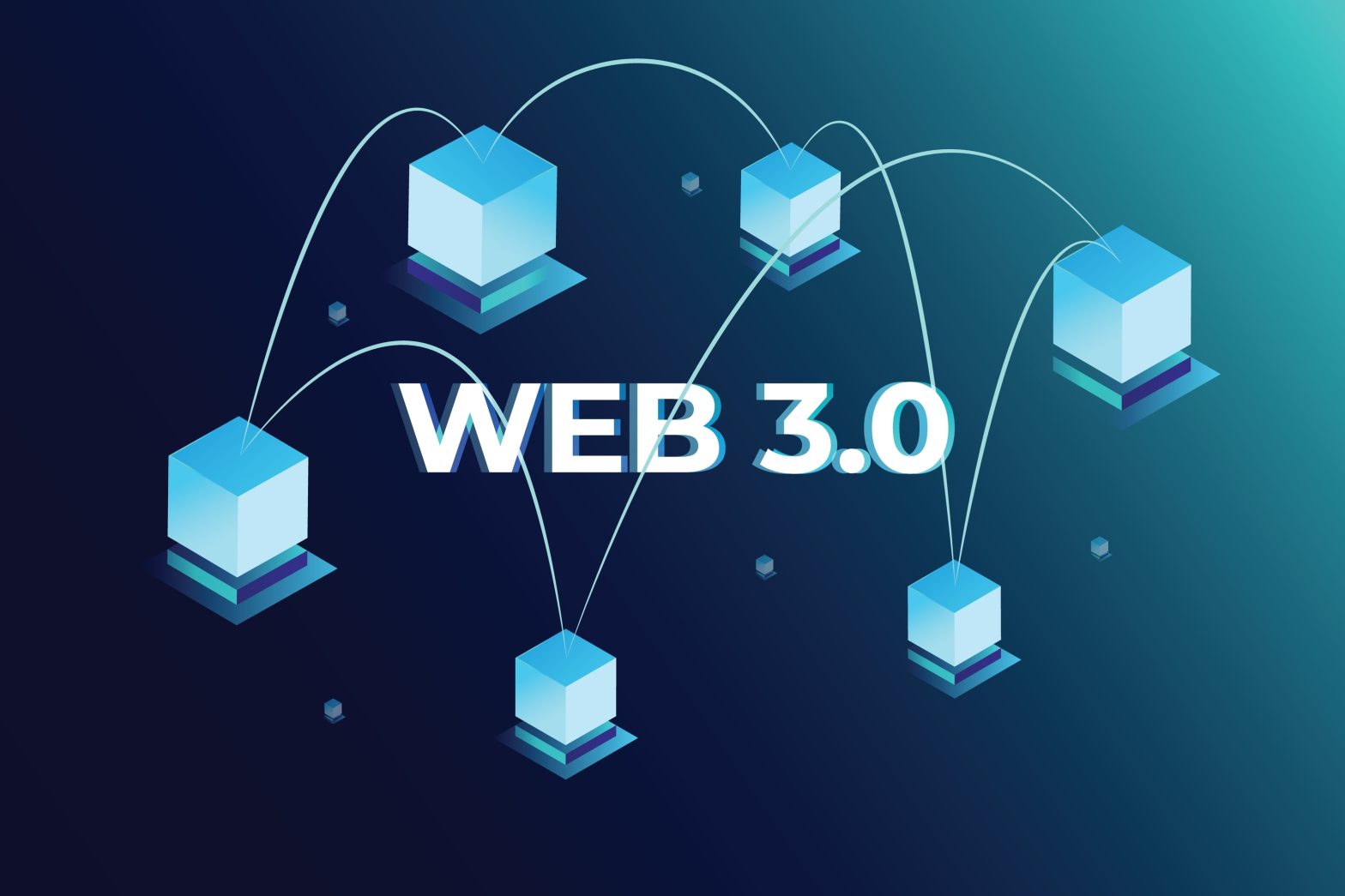Australian Web3 startups transform workforce payments through DAO payroll systems
This is branded content.
The Australian Web3 ecosystem is experiencing a fundamental shift in how startups compensate their contributors, with approximately 30% of Web3 startups now implementing decentralised autonomous organisation (DAO) payroll systems. This innovative approach to workforce management leverages cryptocurrency payments, particularly using ETH to AUD conversions, to create more flexible and globally accessible compensation structures.
Understanding DAO payroll systems in Australia
Decentralized autonomous organizations represent a revolutionary approach to business operations, managed in whole or in part by decentralized computer programs, with voting and finances handled through a decentralized ledger technology like a blockchain. Australian startups are increasingly adopting these systems to streamline global workforce payments and eliminate traditional banking intermediaries.
The shift toward DAO payrolls addresses several challenges faced by modern Web3 companies, including the need for instant global payments, reduced transaction costs, and improved transparency in compensation distribution. Having the ability to instantly and compliantly issue wage payments to workers in digital assets is thus a must for effectively implementing a scalable payroll system.
Current market landscape for cryptocurrency payrolls
Australia’s crypto startup ecosystem is robust, with 25 top cryptocurrency companies and startups operating across the country. The integration of DAO payroll systems has become particularly attractive as 85 blockchain companies in Australia are actively seeking innovative payment solutions to manage their distributed workforce.
The adoption rate of 30% for Web3 startups using DAO payrolls represents a significant milestone in the evolution of digital workforce management. This trend reflects the growing maturity of cryptocurrency infrastructure and the increasing acceptance of digital assets as legitimate compensation methods.
ETH to AUD conversion mechanisms
The current ETH to AUD exchange rate stands at approximately A$3,829.74 for 1 Ethereum, with a +1.64% increase in the last 24 hours. This relatively stable pricing makes Ethereum an attractive option for Australian startups implementing DAO payroll systems.
The conversion process typically involves real-time exchange rate calculations, ensuring that contributors receive fair compensation based on current market values. Platforms enable payments in over 120 currencies, both fiat and crypto, providing an unmatched level of flexibility for global workforce management.
Modern payroll platforms automatically handle ETH to AUD conversions, with value changes of +1.74% over the past week being factored into compensation calculations. This automation ensures that both employers and employees maintain transparency regarding payment values.
Benefits of DAO payroll implementation
Australian Web3 startups are leveraging DAO payrolls to access global talent pools without traditional banking constraints. The system offers several key advantages including reduced transaction fees, faster processing times, and improved accessibility for international contributors who may face challenges with traditional banking systems.
The transparency inherent in blockchain-based payroll systems provides enhanced accountability for both organisations and workers. All transactions are recorded on distributed ledgers, creating an immutable record of compensation payments that can be audited and verified by all stakeholders.
Companies can hire, onboard, and pay their global team in fiat or crypto, while ensuring full tax compliance, addressing one of the primary concerns about cryptocurrency-based compensation systems.
Regulatory considerations in Australia
The Australian regulatory environment for DAO operations continues to evolve, with new legislative packages addressing issues in DAO operations, with the ultimate goal being to regulate decentralized autonomous organizations. This regulatory development provides greater certainty for startups considering DAO payroll implementation.
The government commenced consultation on a framework for the regulation of crypto assets, indicating growing institutional support for cryptocurrency-based business operations. This regulatory clarity is crucial for startups implementing DAO payroll systems to ensure compliance with Australian tax and employment laws.
Tax implications remain a critical consideration, with cryptocurrency trading becoming increasingly popular in Australia, with individuals and businesses engaging in buying, selling, and even accepting crypto payments. Organizations must ensure proper reporting and compliance with Australian Taxation Office requirements.
Technical infrastructure and platforms
The implementation of DAO payrolls requires sophisticated technical infrastructure to manage ETH-to-AUD conversions and ensure seamless payment processing. Modern platforms offer comprehensive solutions that integrate with existing business systems while providing the flexibility needed for cryptocurrency-based compensation.
85% of DAOs hold their treasuries in a single crypto asset, highlighting the importance of diversification strategies when implementing cryptocurrency payroll systems. Australian startups are increasingly adopting multi-asset approaches to reduce volatility risks.
The technology stack typically includes smart contract automation, multi-signature wallets for security, and integration APIs that connect with traditional accounting systems. This infrastructure ensures that DAO payrolls operate efficiently while maintaining the security and transparency that blockchain technology provides.
Challenges and risk management
While DAO payrolls offer significant advantages, Australian startups must navigate several challenges, including cryptocurrency volatility, regulatory compliance, and technical complexity. The fluctuation in ETH to AUD rates requires careful consideration of timing and hedging strategies to ensure fair compensation.
Risk management strategies include implementing payment averaging systems, providing multiple cryptocurrency options, and maintaining fiat currency alternatives for contributors who prefer traditional compensation methods. These approaches help mitigate the inherent volatility associated with cryptocurrency markets.
Security considerations are paramount, with organizations implementing multi-layered security protocols, including cold storage solutions, multi-signature requirements, and regular security audits to protect both organizational treasuries and contributor payments.
Future outlook for DAO payrolls
The trend toward DAO payroll adoption in Australian Web3 startups is expected to continue growing, driven by increasing regulatory clarity and technological improvements. Crypto in 2025 is expanding broadly, blanketing many sectors, and maturing fast, indicating strong momentum for blockchain-based business solutions.
The integration of artificial intelligence and automated compliance systems will likely streamline DAO payroll operations further, making them more accessible to smaller startups and traditional businesses exploring Web3 integration.
As the regulatory framework continues to develop and cryptocurrency infrastructure matures, more Australian startups are likely to adopt DAO payroll systems, potentially pushing adoption rates well beyond the current 30% threshold.
Conclusion
The adoption of DAO payroll systems by 30% of Australian Web3 startups represents a significant evolution in workforce compensation strategies. Through efficient ETH to AUD conversion mechanisms and robust blockchain infrastructure, these organizations are creating more inclusive, transparent, and globally accessible payment systems.
The combination of regulatory support, technological advancement, and growing market acceptance positions Australia as a leader in DAO payroll implementation. As the Web3 ecosystem continues to mature, DAO payrolls are likely to become standard practice for startups seeking to attract global talent and operate with maximum efficiency in the digital economy.
Australian startups implementing these systems are not just adopting new payment methods but are fundamentally reshaping how modern organizations approach workforce management, compensation transparency, and global operations in the decentralized future of work.
This information is of a general nature only and should not be regarded as specific to any particular situation. This should not be taken as financial advice to buy, trade, or sell cryptocurrency or use any specific exchange. This is not intended for use as investment, financial or legal advice as each individual’s need will vary.



















